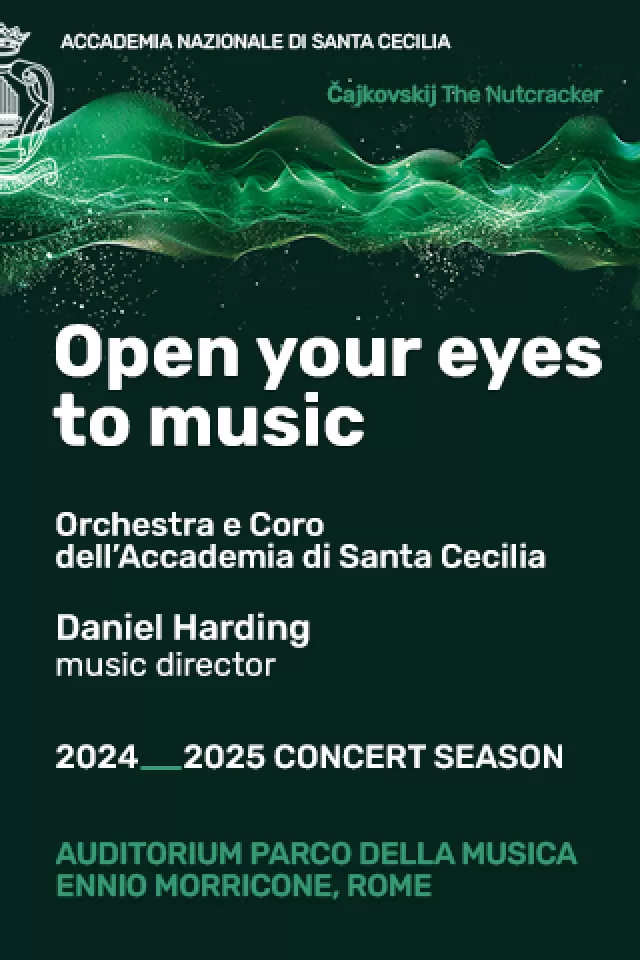Studying in the Eternal City
Rome, with its legendary history and its breathtaking collection of art extending across the city in museums, churches and galleries, has always been a major tourism centre. This has brought a mix of different cultures and races into the city with an large influx of immigrants, legal and illegal.
But perhaps unnoticed is the relative increase in the number of foreign students, especially from non-European Union countries and Africa, who enrol at the various academic institutions to study in this tranquil environment with a classical touch. For these students, Italy offers an opportunity for a brighter future and a chance to learn in a different cultural setting.
What most people may not know are the numerous challenges that you have to overcome before finally fitting into the social and academic setting in Rome.
From day one at the airport, it is important to have made prior arrangements with the college so that somebody picks you up. Rome is a big city with numerous streets and buses, and it is almost impossible to find your way or even cross some roads on your own, especially at night. At the airport one thing that strikes you is the communication breakdown: most Italians speak no other languages, not even English or French, and this leaves you virtually grounded, making life especially difficult during the first month of your stay. A pocket dictionary and a map of Rome are a must if you have to move from one place to another or get vital information.
Student accommodation outside university hostels is expensive and hard to find. Most private hostels prefer female students, so for the male student the situation is even trickier. An alternative is to team up with fellow students in an apartment and share the bills, preferably outside the city centre, as apartments in central Rome can be quite expensive. If you are lucky, an Italian family may accommodate you. Most Italians are very helpful and they like to be seen to be helping, so be ready to swallow your pride as chances are that the local community will be aware of the help you are receiving otherwise how would they account for the presence of a foreigner in their household. It is tough, especially if you come from a closed society, as it gives you little personal space and lowers your self-esteem, but do you have a choice?
Getting your status recognised as a foreigner is a another nightmare. The Italian law stipulates that you apply for a permesso di soggiorno (residence permit) within eight days of your arrival in Italy. Ordinarily, a first-time student is supposed to be issued with a permit on the same day of application, but the devil, as always, is in the details. Even getting an appointment is a struggle and you may be forced to be at the questura, the central police station, at the crack of dawn. Then the administration requires many documents and forms; it can take up to five months before you get the permit, which can tempt you into thinking whether it is really worth the effort with all these frustrations. Note that the permit is valid only for one year, so if five months have already elapsed, it has to be renewed within the next seven months and you will have to undergo the same process. But remember this document is your lifeline, and without it your movement is limited to within Italy and you cannot effect certain transactions, neither can you be legally employed. Perhaps the only consolation, surprisingly, is that the police rarely stop you to ask for documents unless of course you are involved in a crime.
When it comes to grabbing a bite, eating out (though relatively expensive) is a good alternative when away from home, as there are many restaurants. Being a student in Rome you obviously want to integrate yourself in the Italian society as fast as possible what better way than through eating out, as Italians have a passion for food? That means that you have to talk a lot with your hands, learn how to eat spaghetti without spilling it over your shirt, and it helps if you have a flashy cell phone hanging on your chest, wet-look hair, and strive to look fashionable all day.
The language of instruction at university level is Italian and you will learn it much faster if you practise it actively. This is facilitated by not hanging around too much with your co-nationals, so try to meet other people studying Italian or better, try to join some Italian students: an Italian boy/girlfriend would be optimal. Italian friends may also have better suggestions of where the action is, at a cheaper price. A word of caution: you should be prepared to inhale cigarette fumes all night long, as smoking is fashionable.
Unlike most of its European counterparts, the Italian university education system insists on full-time study, so a work-study programme is near impossible. A part-time job is also difficult to find due to the prevailing economic conditions and your foreigner status. This, compounded with the power of the euro vis-a-vis most world currencies, makes life very difficult and expensive. For instance, a haircut for guys costs between 10 to 12, even though with time you should be able to establish good customer relations and be able to get one for 8.
Culture shock comes in terms of different food, dressing, general politeness, courtesy, the cold look of the Romans who only smile when you initiate a conversation, and guys in their 30s still living with their parents. Then there is the public display of intimacy anywhere, anytime, you name it, for those in love. For singles, the results are disastrous: feelings of loneliness and alienation, more so because, with limited Italian language skills you cannot make any meaningful inroads on this front. The display also makes you wonder if you really want to be sucked into this culture. Limited financial resources also make it difficult even once in a while to have fun.
Obviously, these tips and pitfalls may be different from your own experiences, but they might give you a little idea of what to expect when you stay and study in Rome. The most important fact is that despite all these problems you eventually manage to get by and gradually enjoy your stay and studies in this eternal city of Rome.
Maloba, who is a lay student at the Pontifical Gregorian University, arrived from Kenya four months ago.





















